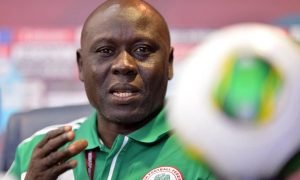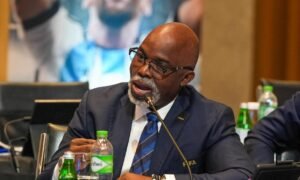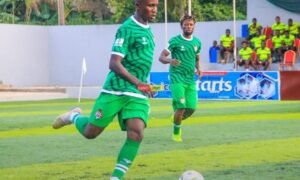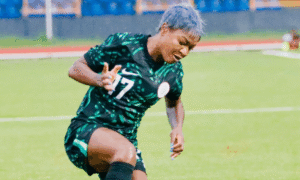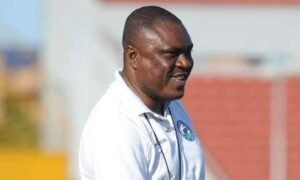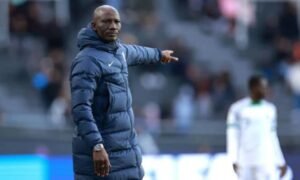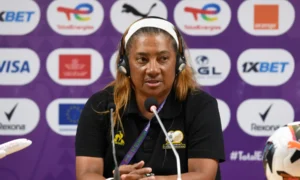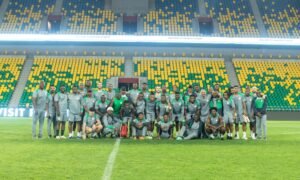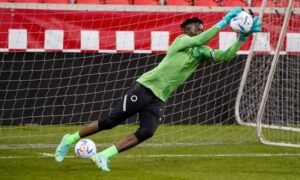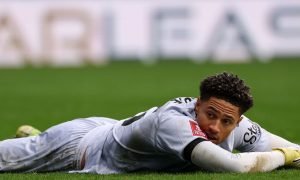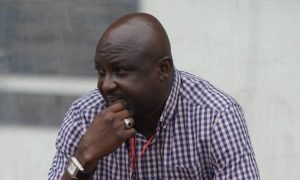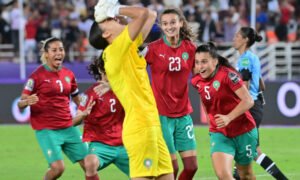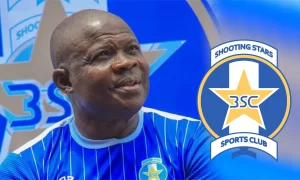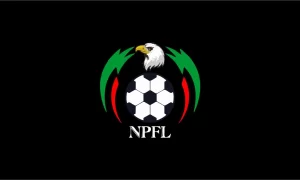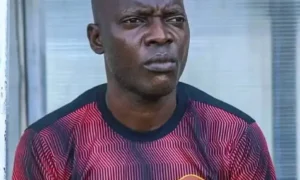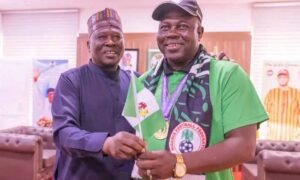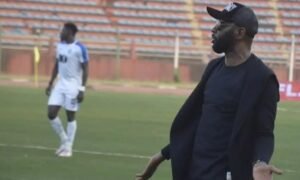Former Nigeria U17 head coach Manu Garba has spoken out, blaming the decisions of ex-Nigeria Football Federation (NFF) President Amaju Pinnick for the decline in the country’s youth football.
Garba, who led Nigeria’s Golden Eaglets to victory in the 2013 FIFA U17 World Cup, believes that Pinnick’s policies directly contributed to the downfall of Nigeria’s once-dominant youth teams.
Garba argues that one of the key reasons for this decline was Pinnick’s controversial decision to eliminate match bonuses for age-grade teams.
According to Garba, these bonuses were a critical motivator for players, helping them stay focused and driven during competitions.
“The removal of match bonuses for age-grade teams by Amaju Pinnick did more harm than good,” Garba told The Nation.
“When we won the 2007 U17 AFCON in Togo, the 2013 U17 World Cup in the UAE, and our AFCON U17 qualifying matches, the players were highly motivated by the bonuses they received. It was an extrinsic form of motivation that worked well for us.”
Pinnick became NFF President in 2014, following Nigeria’s 2013 U17 World Cup victory. Under his leadership, the Golden Eaglets went on to claim a fifth World Cup title in 2015, with standout performances from players like Victor Osimhen and Kelechi Nwakali.
READ MORE:Algeria needed a miracle – But Flamingos turned Blida into a No-Fly Zone
However, Garba contends that after that success, the removal of match bonuses significantly impacted the team’s morale and performance.
Beyond the issue of match bonuses, Garba also pointed to poor preparation as another major factor behind the team’s struggles.

Manu Garba. Photo Credit: X
He explained that the 2013 and 2015 U17 teams, which had months of preparation, were far better equipped to succeed compared to the teams that followed, which lacked sufficient time to bond and build chemistry.
“Apart from the 2013 and 2015 World Cup-winning teams, which had adequate preparation and enough time in camp, the following teams didn’t get the same kind of training and cohesion,” Garba said.
CLICK HERE TO JOIN THE ATHLETIC NG WHATSAPP CHANNEL NOW!
“The 2013 team, for example, had months together before the AFCON and World Cup, and that’s why they were so dominant. We set a record by scoring 25 goals and conceding only four, and we won multiple individual awards.”
Since their 2015 triumph, Nigeria’s U17 team has failed to make a major impact, and the Golden Eaglets will miss both the 2025 U17 Africa Cup of Nations and the FIFA U17 World Cup.


